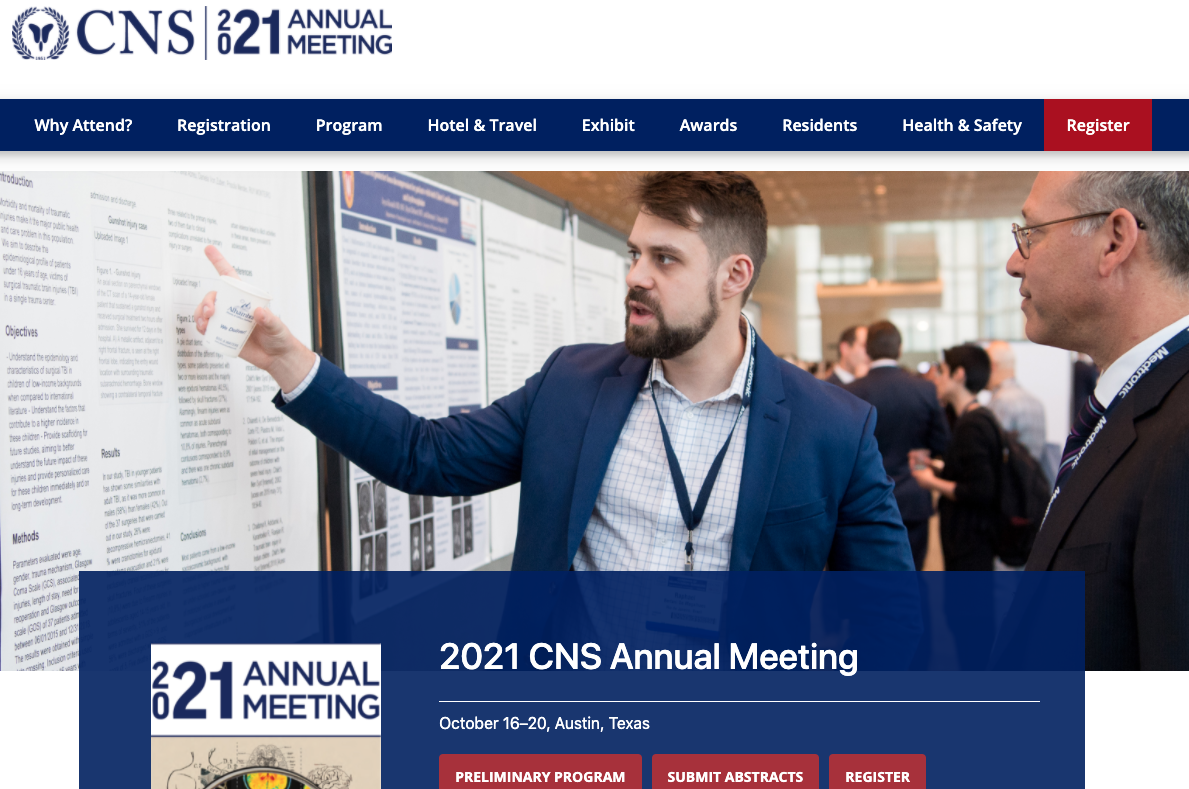X
X
Leaving Community
Are you sure you want to leave this community? Leaving the community will revoke any permissions you have been granted in this community.
No
Yes
X
The experience of a bench scientist with open publishing.
The experience of a bench scientist with open publishing.
I recently asked a bench scientist about her experiences in publishing in this very new mode of scholarly communication, i.e. in F1000Research, which is open access, has an open review process and is about as transparent as the community has ever asked any journal to be. The question was how did she view this process.To give a bit of background, she is still attempting to publish 3 articles in F1000 research, about work that she has done on tracking down the switch from benign to malignant tumor growth. Two of the articles are now accepted for publication and in the process of being indexed by PubMed (F1000Research 2013, 2:10 (doi: 10.12688/f1000research.2-10.v1), F1000Research 2013, 2:9 (doi: 10.12688/f1000research.2-9.v2)) and the last is in the bowels of the publishing machinery (Witkiewicz et al Article I).
I asked her a set of questions about the review process, which she discusses below. She agreed to let me post them here and just as a note, the articles prior to publication were viewed 1415, 1373 & 1005 times and downloaded 231, 330 & 321 times, respectively. This sort of buzz is seldom generated by published work so I have been quite surprised that it can be generated prior to publication.
Your questions are easy to answer; however, I would like to point out that my answers may not well represent the larger community of younger bench scientist. My sense of right and wrong has been shaped in different countries (Poland, Austria, and Canada) and at different times. Nevertheless, here they are for whatever it is worth:
How do you view the landscape of open scholarly communication, do you get lost in it?
If I do not feel lost in the maze of the new ways of communicating it may be because of not having explored it enough. So far I have been relying mostly on the traditional ways of searching literature: PubMed and following references within articles found that way, as needed. I do get personal copies of the Scientist and Nature Methods and attend meetings in San Diego that are relevant to my work. I think it was in The Scientist that I first read about PLoS ONE and later F1000Research. From the meetings I get new clues for additional searches of the literature on my own.
If you were asked to change your methods to include catalog numbers or unique identifiers, would this make you mad and would you comply?
The catalog numbers for antibodies, the strain of GFP labeled mice and references to cell lines are all in the first versions of the articles, as they should be. These sorts of things although tedious do not bother me and in the long run having all practical details in one easy to find place is helpful.
Were there things you appreciated about having an open review?
Yes, definitely. I very much appreciated the professional editorial help up front. Another and even more critical point is that if the referees listed by the journal decline the invitation to write a review, others, not listed there may be considered as well. I waited too long for second and third reviews not realizing that they would not come.
Were there things that were a lot harder?
No. It is perhaps a little hard to take that defending one’s position does not change anything in the end. The editor does not judge one way or another. However, I do not mind that because the negative comments do not disqualify the article if there are others. That is fair enough. Any rules are fine with me provided all parties play by the same rules. ‘Dura lex sed lex’: harsh law but law.
Do you think that open review is more or less fair than traditional reviews?
Open review is more fair although fewer people are free enough to take sides in public.
X









